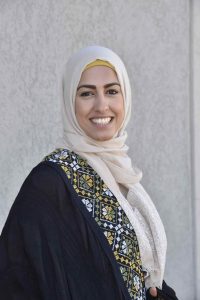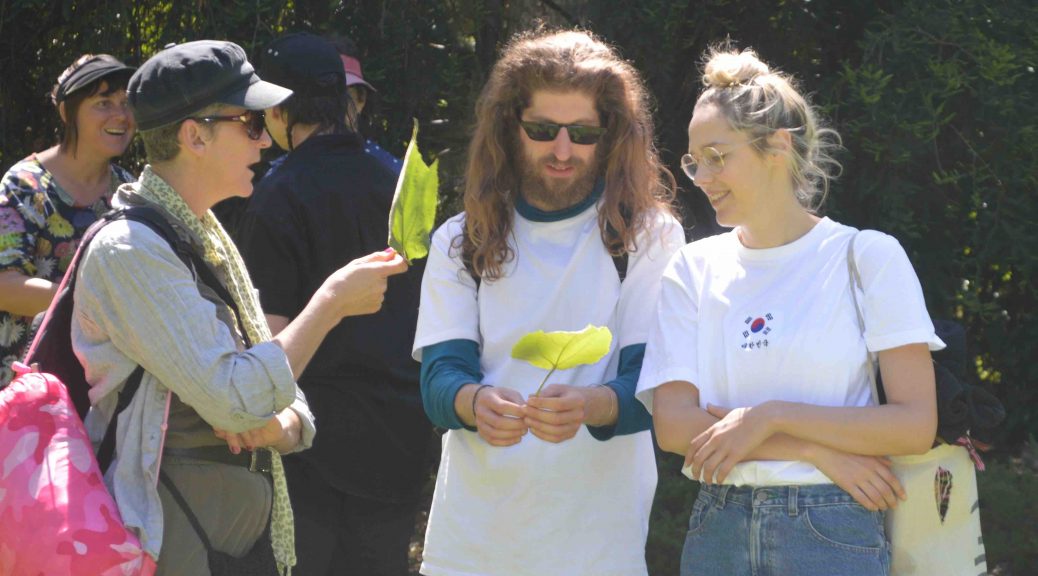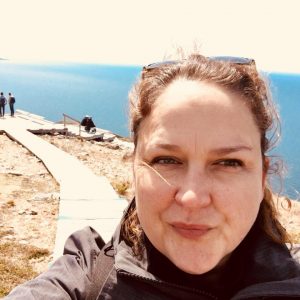Artist-led approaches to public pedagogy in the Asia Pacific region, a Special Edition of the Journal of Public Pedagogies
Date and time
Thursday, August 10, 2023 4:00 PM – 6:00 PM AEST
Click here to register for the event
Forms for Encounter & Exchange: Artist-led approaches to public pedagogy in the Asia Pacific region, a Special Edition of the Journal of Public Pedagogies
This event is co-hosted by CAST and Public Pedagogies Insitute.
There is a burgeoning field of artist-led pedagogic practices in the Asia Pacific region that employ forms of shared knowledge production in the public realm as a core ethical responsibility of creative and scholarly practice. From community-led archives to public learning, collective studying to public art interventions, and collaborative approaches to art-making — the range of contexts from which these artist-led public pedagogies arise directly influence their form and the way they are encountered. These artist-led forms for encounter and exchange can engage publics by challenging hegemonies, critiquing power, and engaging communities in civil dialogue about urgent local concerns. While the relationship between socially engaged art and public pedagogy is typically positioned through Eurocentric traditions as an extension of avant-garde art movements, community arts, or popular education, we are interested in practices which emerge in culturally attuned ways in their respective geopolitical contexts and value collective approaches over the individualism often imposed by western art education.
This special edition aims to stimulate a dialogue between artists, collectives, researchers and organisers engaged in these practices. Guest co-edited by Ferdiansyah Thajib, Marnie Badham, Gatari Surya Kusuma, Diwas Raja Kc and Kelly Hussey-Smith, the articles in this special edition consider the following questions:
• How and why do artists organise through collective forms of public learning?
• How do these practices activate and nurture solidarity?
• How do artists describe and frame these practices in relation to their contexts?
• How do these practices critique and challenge the institutions of art and education?
• How do these forms for encounter and exchange produce and circulate knowledge?
The journal includes contributions from Paola Balla, Jacina Leong, Jill J Tan, Ambika Joshi & Diwas Raja Kc (Computational Mama); Michelle Aung Thin, David Carlin, Francesca Rendle-Short, Melody Ellis, & Lily Trope; ANGA Art Collective, Khoiril Maqin; Anathapindika Dai & Liza Markus (Fugitive Bakery); Riksa Afiaty in conversation with Moelyono; Amelia Wallin, Joel Stern & Channon Goodwin (Disorganising); Jan Brueggemeier & Neal Haslem
Program
1. Journal introduction and welcome – Ferdi Thajib & Kelly Hussey Smith
2. Dr Paola Balla – Disrupting Artistic Terra Nullius: a focus on the processes and places of repair. Hosted by Ferdi Thajib
3. Short introductions from authors – Jacina Leong; Jill Tan; Melody Ellis and more TBC. Hosted by Marnie Badham
4. Computational Mama workshop – Ambika Joshi hosted by Diwas Raja Kc
5. Short introductions from authors – Khoiril Maqin; Jan Brueggemeier & Neal Haslem and more TBC. Hosted by Marnie Badham
6. Fugitive Bakery performance – Anathapindika Dai & Liza Markus. Hosted by Gatari Surya Kusuma
7. Closing remarks: Karen Charman
(Featured Image: Coffee and the Makers: one of the tools at the School of Improper Education, 2019, KUNCI, image by Agen OH)
Link to register for the launch
Link to Journal





